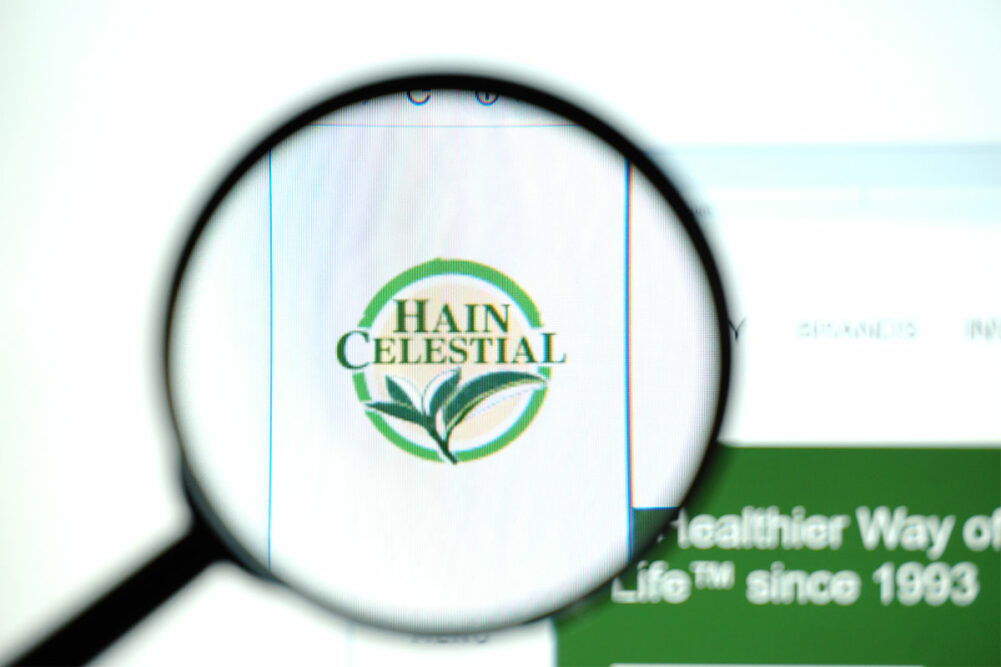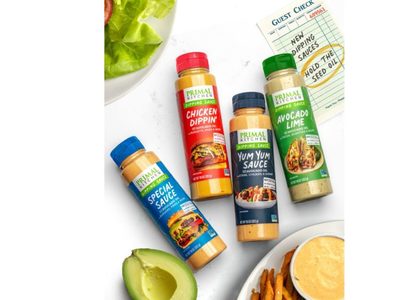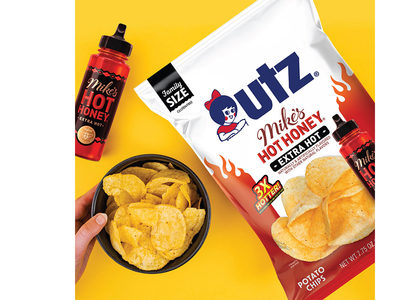HOBOKEN, NJ. — Supply chain issues in the Hain Celestial Group, Inc.’s infant formula business combined with weakness in personal care hindered the company during the third quarter of fiscal 2024. While management emphasized that 85% of its brands are growing or maintaining share, the challenges the company has faced prompted it to start making significant changes to some businesses.
On May 1, the company said it was embarking on a global stock-keeping unit (SKU) rationalization program to improve the performance of its portfolio. Hain Celestial is cutting 6% of its SKUs globally with the majority coming from the personal care business, where it is reducing SKUs by 62%. Other product categories impacted by the program include snacks, plant-based meat, children’s food and beverages.
“… We said we expected to pivot to growth in the overall business for the back half of this fiscal year and 85% of our business has grown over 3% year to date, in line with our ‘Hain reimagined’ growth algorithm,” said Wendy P. Davidson, president and chief executive officer, during a May 8 conference call to discuss third-quarter results. “Offsetting this growth are double-digit declines in the remaining 15% of our business, which is targeted for stabilization, including baby formula.
“Specifically in the third quarter, softness year-over-year was driven by the US region, primarily by the personal care category, where we recently announced significant portfolio and manufacturing footprint simplification as a part of the stabilization plan.”
As a result of the issues, the company reduced its fiscal 2024 guidance to organic net sales decreasing 3% to 4% year-over-year, down from guidance given following the first half of the fiscal year of organic sales growing 1% or more. Adjusted EBITDA also was revised down and is now expected to be between $150 million and $155 million compared with the previous guidance of $155 million to $160 million.
“Fiscal third-quarter results were below our expectations, and we are revising our guidance for the full year based on three primary factors,” said Lee Boyce, chief financial officer. “Our infant formula business did not recover as expected as our supplier did not meet their commitment, execution in our snacks business did not meet our standards, and stabilization of our personal care business is taking longer than expected.
“We are aggressively addressing personal care stabilization through portfolio and operating footprint consolidation, we are working closely with our formula supplier to ensure a full recovery beginning in the second half of 2024, and we have realigned the commercial business in North America with a series of leadership changes and a clear plan to accelerate our execution in the region.”
In the snacks business, net sales were $11.2 million, down 0.4% from the prior year. The decrease was driven by softness in the Terra and ParmCrisps brands, but offset by growth in Garden Veggie, according to the company.
Davidson said it is taking longer than expected to expand Terra’s channel mix outside of its core markets.
“Driving distribution expansion remains a key strategy for growth in snacks,” she said. “We have identified significant fair share opportunities by driving the core assortment of our products, and we believe we are in a position to fix our mix to unlock both distribution and velocity across our brands.”
For the quarter ended March 31, the Hain Celestial Group recorded a loss of $48.2 million, an improvement over the previous year when the company incurred a loss of $115.7 million.
Quarterly sales fell to $438.4 million from $455.2 million the year before.
For the first nine months of the fiscal year, the company has lost $72.1 million, down from the same period a year ago when the company lost $97.8 million.
Sales were $1.32 billion, down from $1.35 billion the year before.



